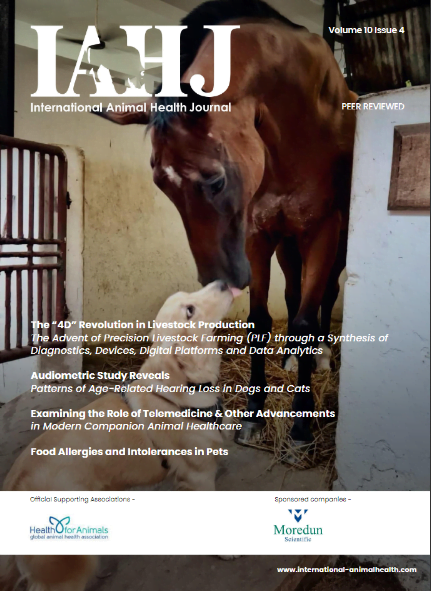
Defra have released new data on the incidence of bovine TB and announced further measures they are planning to use to help control the disease.
Commenting on Defra’s announcement, BVA President John Fishwick said:
“We continue to support a comprehensive and evidence-based approach to tackling bovine TB, including the use of badger culling in a targeted, effective and humane manner. TB is a devastating disease and we welcome the positive results emerging in Somerset and Gloucestershire, where licensed culling has now been in place for four years. The recent results in Dorset, indicating a slight upward trend in the incidence of bovine TB, present some cause for concern and we would like to see further investigation of the cattle and wildlife situation in that area.
“BVA supports the principle of badger controls within the Low Risk Areas (LRAs) of England where there is a demonstrated need and where it is done safely, humanely and effectively as part of a comprehensive strategy. We are largely reassured by the greater clarity provided on the decision-making process on how and where badger controls will be introduced in the LRAs. We recognise the expertise and professional judgement of veterinary and scientific colleagues in government who have made the decision to extend the cull in this area, but we would welcome further evidence regarding the level of TB infection in the wildlife reservoir in Cumbria as this becomes available.
“Halting the spread of bovine TB is essential and it is vital that we use every available tool in the toolbox to support the Government’s aim to make England TB free. We therefore welcome both the introduction of tighter cattle controls where needed and the re-commencement of the Badger Edge Vaccination Scheme, particularly if used as a ‘firebreak’ to mitigate the spread of the disease into the low risk areas. We would also like to see a commitment to funding of further research in this area.”
BVA responds to new data from Defra on bovine TB
Animal Health Media © 2024, All Rights Reserved – Powered by Teksyte











